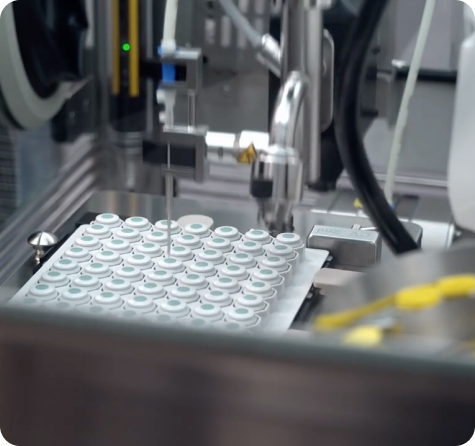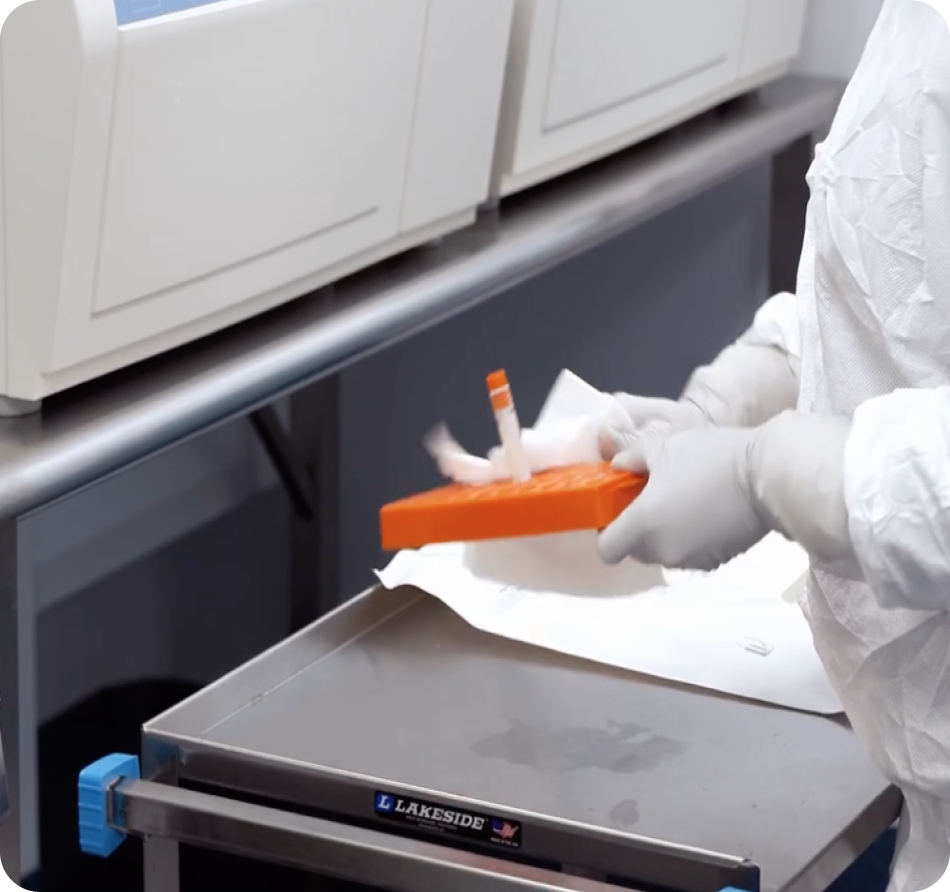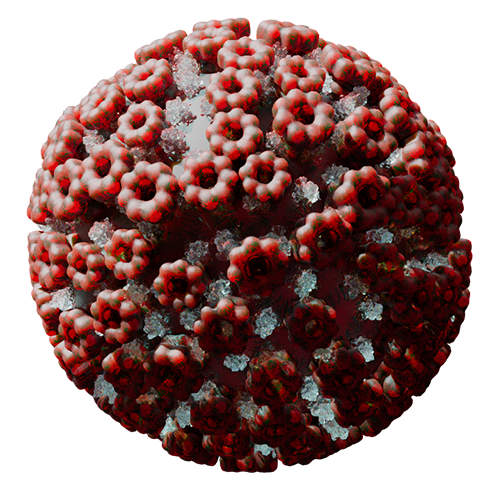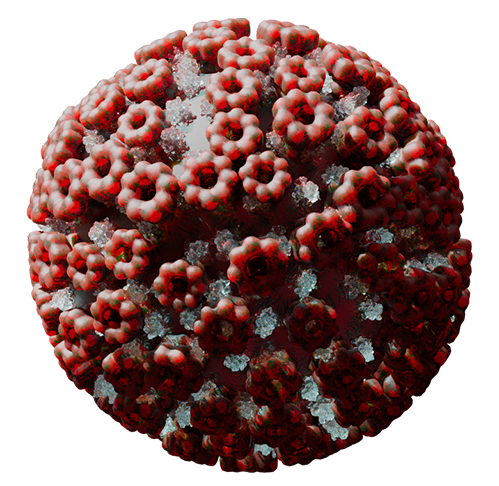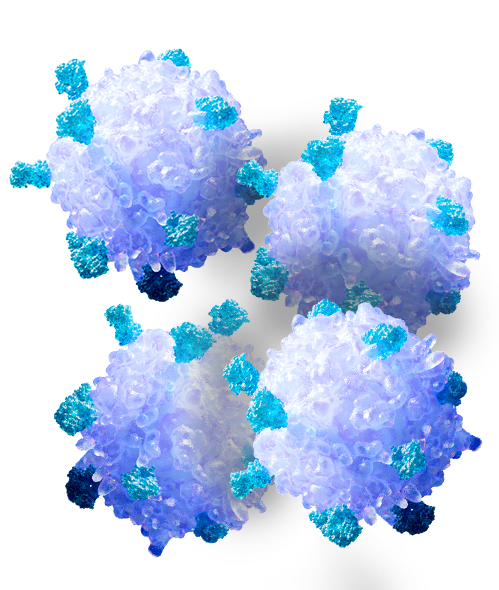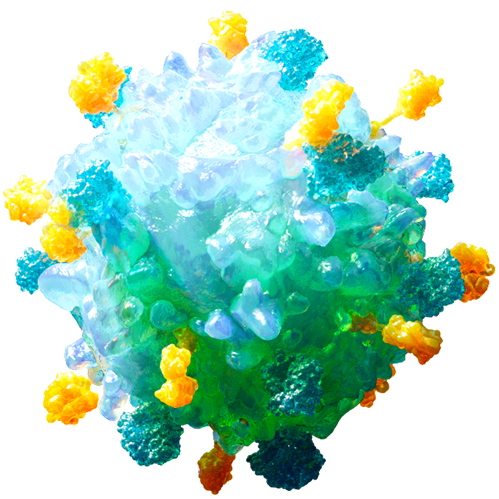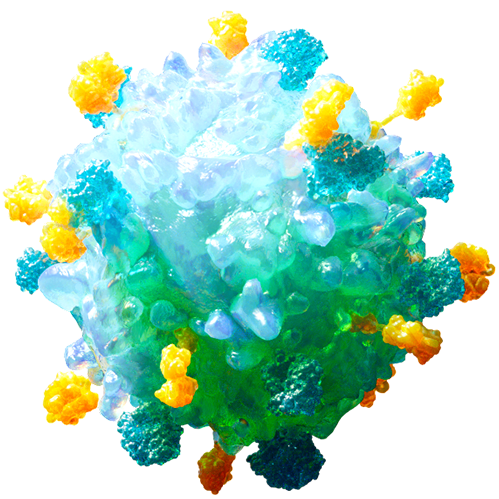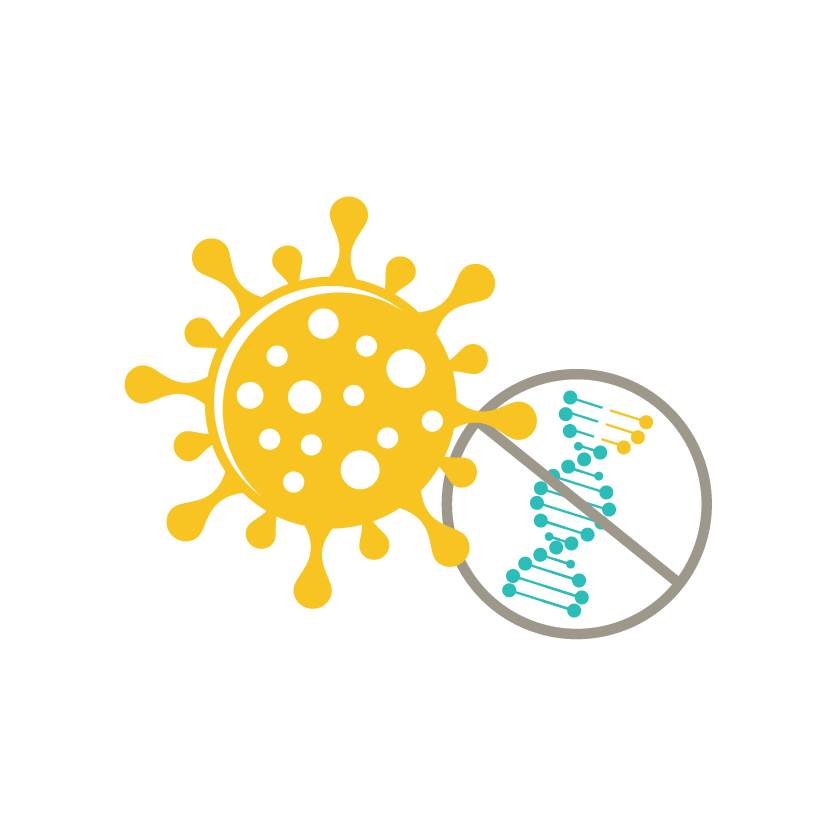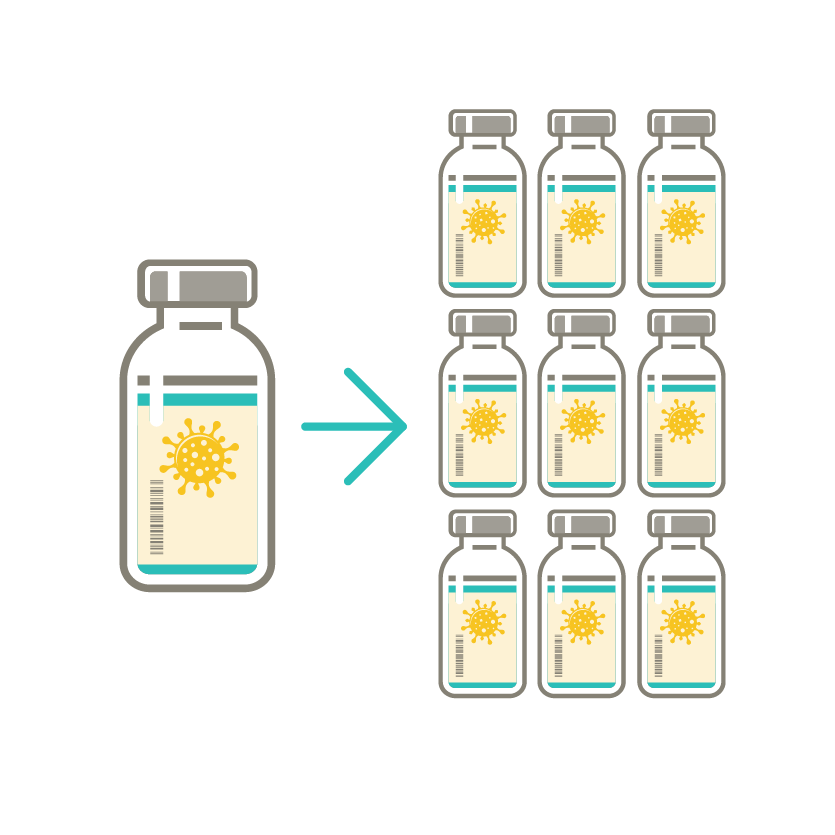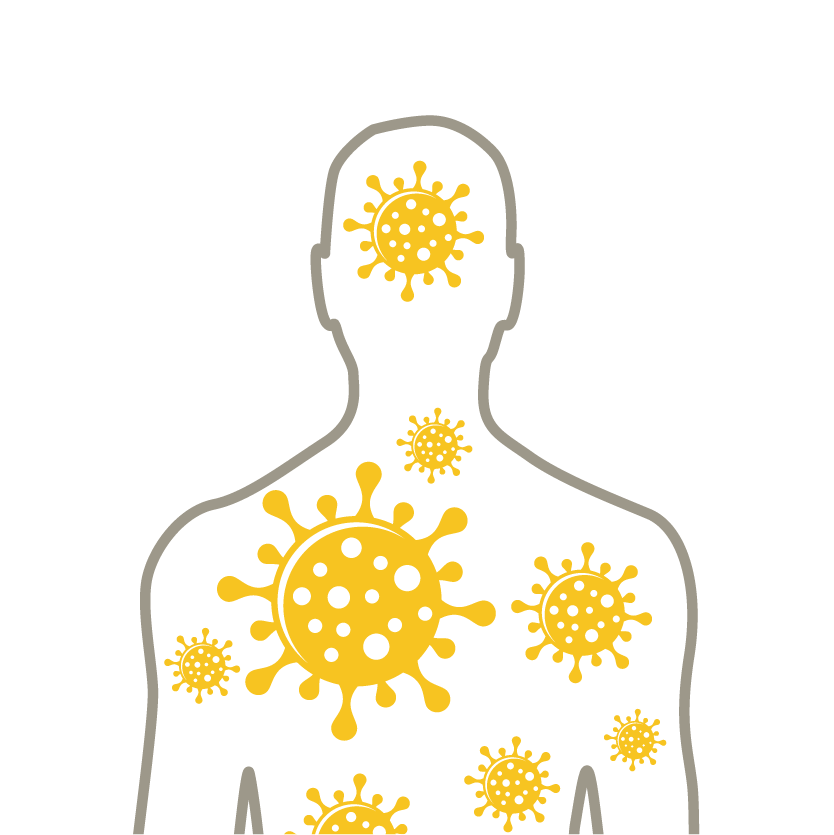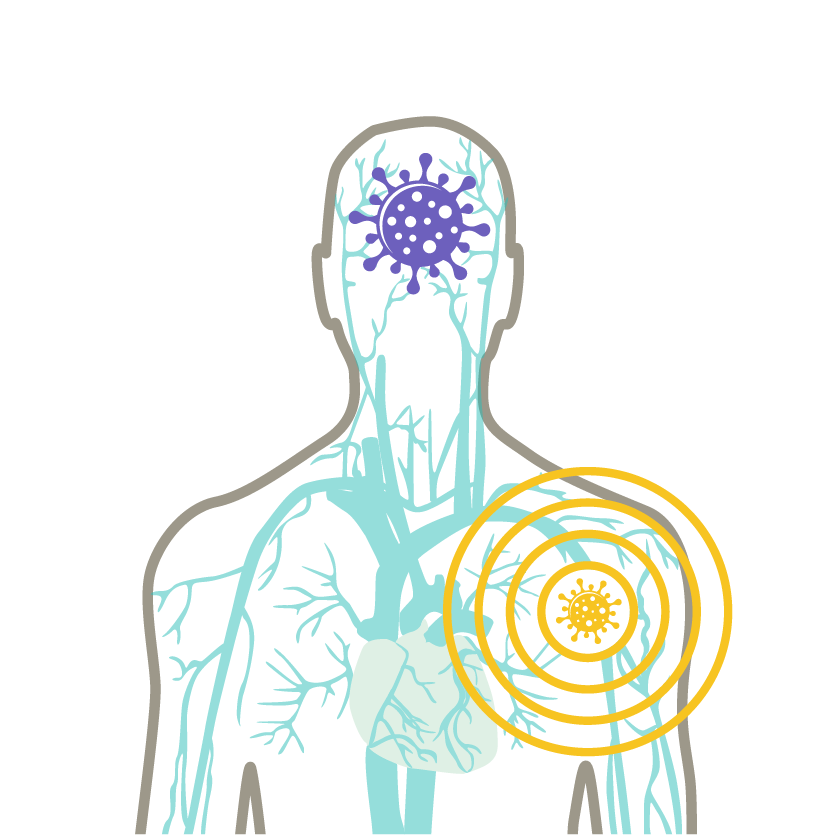Technology
Novel immunotherapy platform.
Off-the-shelf delivery.
A bold vision to transcend the current limitations and enter new frontiers of cell therapy.
We're breaking new ground as the most clinically advanced allogeneic T-cell company harnessing the power of our Epstein-Barr virus (EBV) T-cell platform to develop therapies that can be rapidly delivered to patients within days.
Here's what makes our platform different.
Atara has treated more patients in clinical trials than any other allogeneic T-cell company to date.
See our technology in action.
Watch the video below to learn our process of developing living medicines: from collecting donor cells to manufacturing EBV T cells and CAR T cells, and everything in between.
-
Flexible delivery. Biologics-like costs.
We have advanced, in-house process science and scale-up technology which enables a highly efficient manufacturing approach and distribution process and is designed to rapidly deliver product and enable a reliable, biologics-like cost of goods for patients. Cryogenic storage provides extensive shelf life for T cells and optimizes inventory management.
Our Thousand Oaks-based, 34,700 square-foot Atara Research Center (ARC) facility houses Atara’s preclinical, translational sciences, manufacturing process sciences, and analytical development teams. Our talented technical operations team manages manufacturing technology and external manufacturing, quality, logistics, and supply.
Through our leading-edge ARC research and development facility in Southern California; Fitzsimons Process Development facility in Denver, Colorado; and Contract Manufacturing Organization (CMO) partners, we’re committed to continually innovating T-cell research capabilities and manufacturing technologies across the US.
-
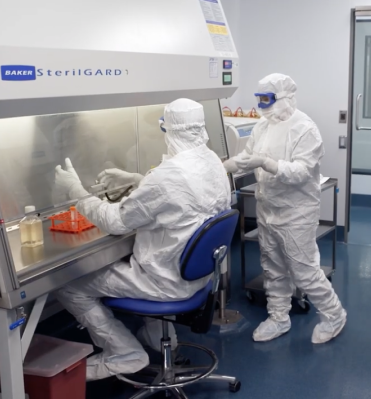
-
Big vision. Bigger impact.
At Atara, our mission is to transform the lives of patients with serious diseases. We're targeting difficult-to-treat conditions with high unmet need to provide patients with potential new treatment options.
Cancer
We're developing investigative therapies for EBV+ post-transplant lymphoproliferative disease (PTLD) and other hematological malignancies like non-Hodgkin’s lymphoma.
Autoimmune diseases
We're expanding our allogeneic CAR T programs into autoimmune diseases, starting with lupus nephritis. It is our goal to potentially eliminate or reduce lymphodepletion.
-
Clinical Studies Pipeline
Our innovations are made possible by patients.
The patients and investigators who participate in our clinical studies are essential to how we develop new therapies. Learn more about our ongoing studies.
Explore our pipeline.
Our robust late-stage pipeline features a host of potentially transformative, investigational T-cell immunotherapies for cancer and autoimmune diseases.
-
